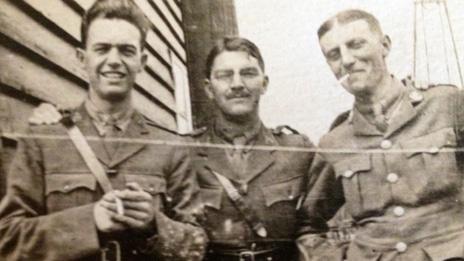WW1 outbreak's centenary marked with events in Wales
- Published
Llandaff Cathedral hosted the national service of commemoration
Lights have been going out across Wales to mark the 100th anniversary of the outbreak of World War One.
Commemorations were led by a national service of remembrance at Llandaff Cathedral in Cardiff, marking the start of four years of events in Wales, external.
People were encouraged to switch lights out between 22:00 and 23:00 BST on Monday with candlelit vigils being held.
Britain declared war with Germany at 23:00 BST on 4 August, 1914.
The Lights Out, external project was inspired by the words of wartime foreign secretary Sir Edward Grey.
On the eve of war, he said: "The lamps are going out all over Europe; we shall not see them lit again in our life-time."
Four years of war followed, and about six million men in the UK were mobilised. More than 700,000 - including an estimated 40,000 Welshmen - died.
'Human failure'
The Llandaff Cathedral service, external, led by Dean of Llandaff, Gerwyn Capon, was attended by the Duke and Duchess of Gloucester and First Minister Carwyn Jones.
Dr Barry Morgan said war was sometimes necessary
Archbishop of Wales Dr Barry Morgan gave a sermon in which he described war as a "sign of human failure" but said it was sometimes necessary as "the lesser of two evils".
The Duke of Gloucester was among those who laid wreaths, while Saleem Kidwai, secretary general of the Muslim Council of Wales, laid an olive branch on behalf of the Interfaith Council for Wales.
At the end of the service, a candle was lit by the Revd Albrecht Kostlin-Buurma of the German Lutheran Churches.
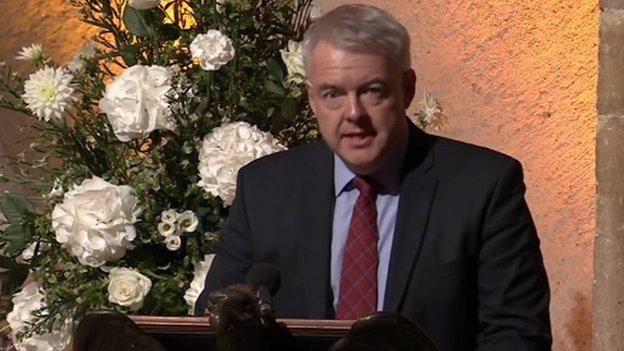
First Minister Carwyn Jones read a poem by Hedd Wyn, who was killed in battle
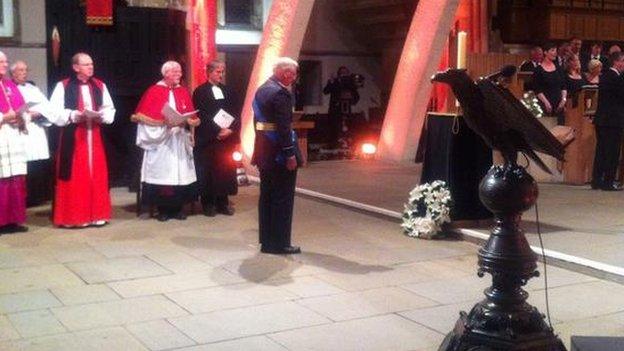
The Duke of Gloucester lays a wreath during the service at Llandaff Cathedral
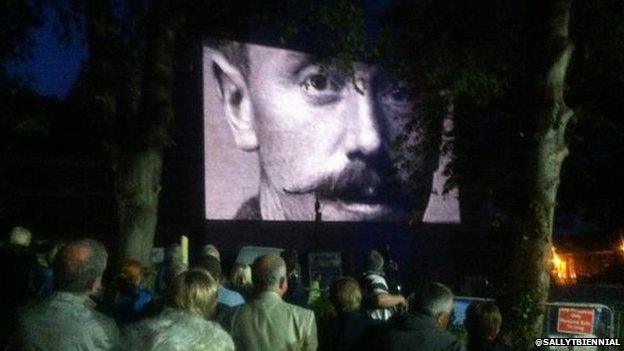
The faces of soldiers and civilians were projected from Bangor's Memorial Arch on Monday evening
In Bangor, the faces of soldiers and civilians were projected from the Memorial Arch in a project created by artist Bedwyr Williams.
A processional service was also taking place at Bangor Cathedral.
A torch-lit procession walked up Moel Famau near Mold with torches switched off at the summit for a two-minute silence, signifying war-time black-outs.
A vigil was also held at the cenotaph at Caernarfon, Gwynedd.
Lights were switched off at civic buildings in Cardiff and Swansea, while in Merthyr Tydfil, a service at St David's Church was followed by a Lights Out event in the square.
Gwent Police paid tribute to 14 officers of the old Monmouthshire and Newport forces who died in the Great War.
North Wales Police held a small service outside its headquarters in Colwyn Bay on Monday.
Various World War One events, including debates and school projects, were being held at the National Eisteddfod in Llanelli, Carmarthenshire.
An estimated 40,000 Welshmen died in World War One
- Published4 August 2014

- Published4 August 2014
- Published4 August 2014
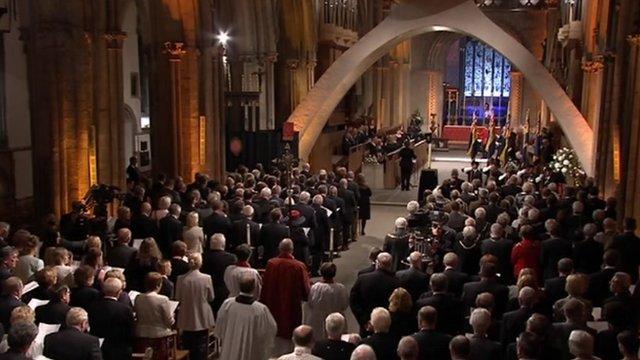
- Published4 August 2014

- Published4 August 2014
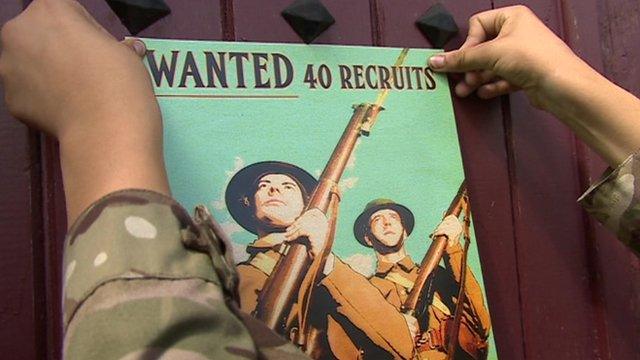
- Published4 August 2014
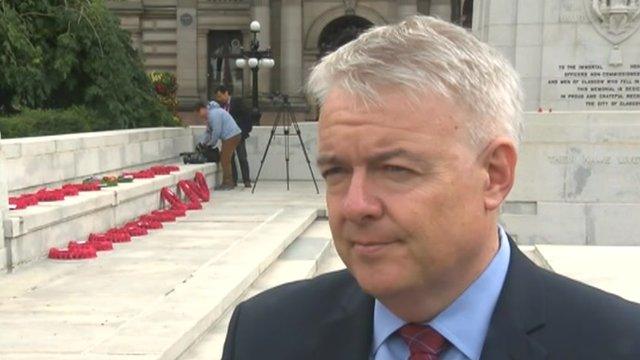
- Published1 August 2014
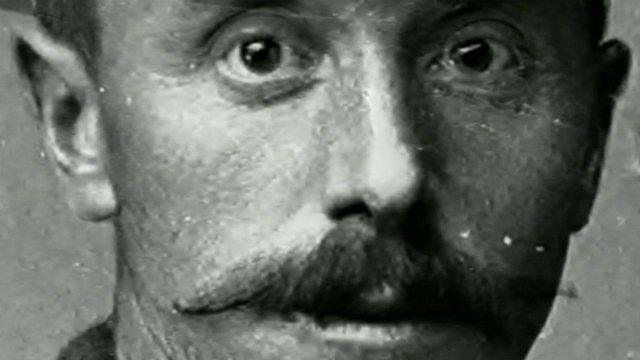
- Published1 August 2014
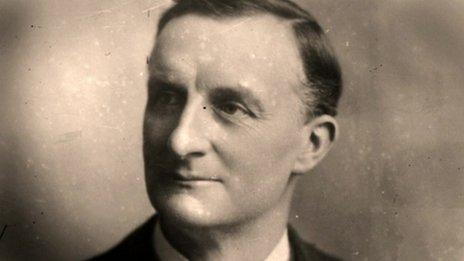
- Published1 August 2014
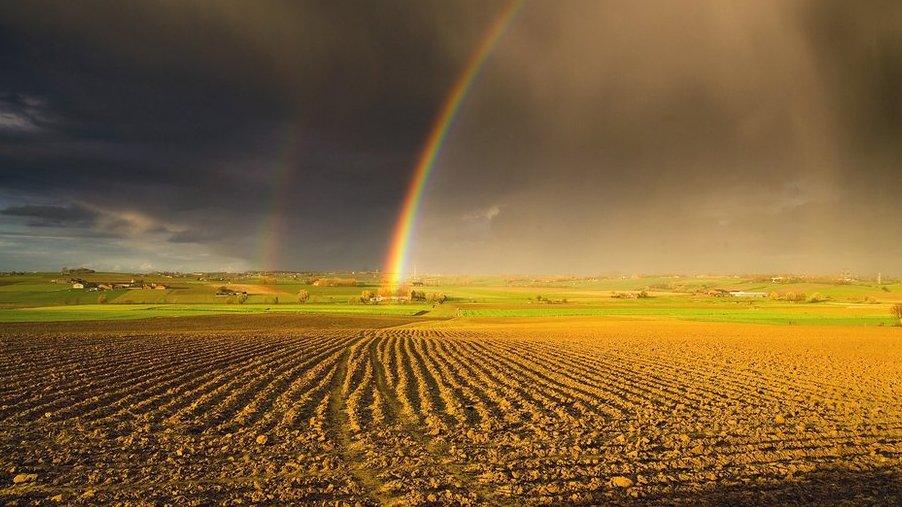
- Published28 July 2014
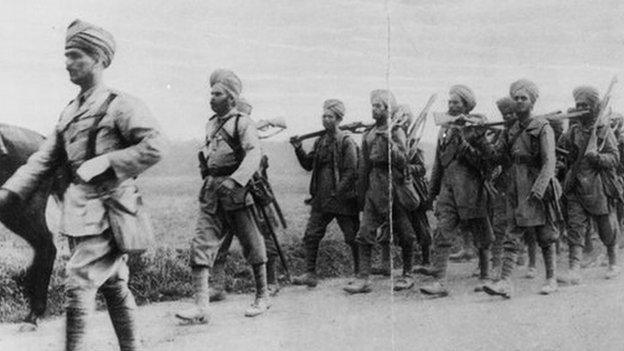
- Published12 February 2013
